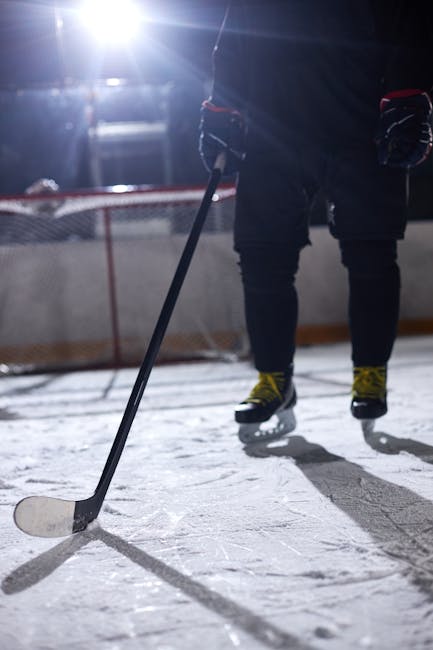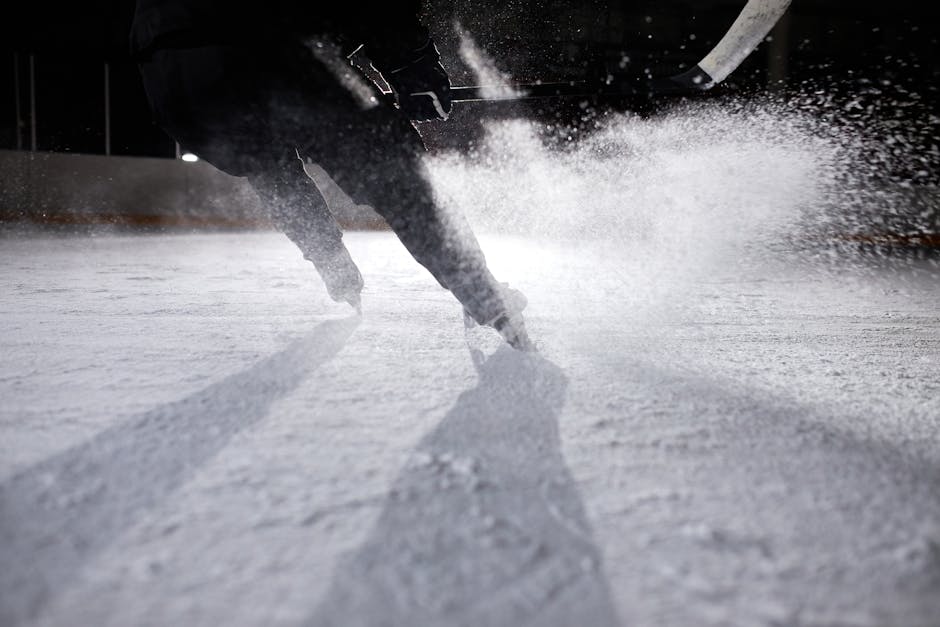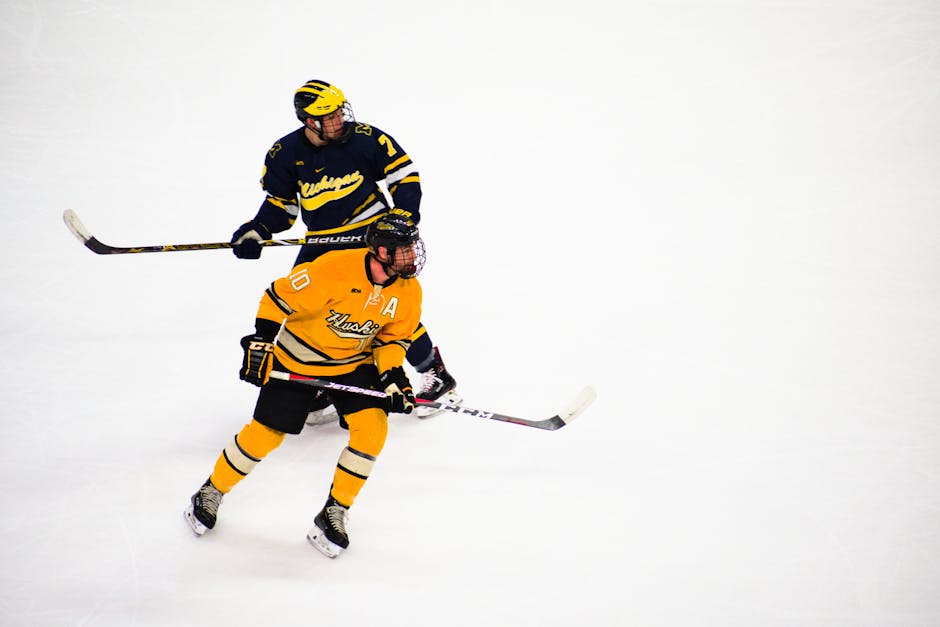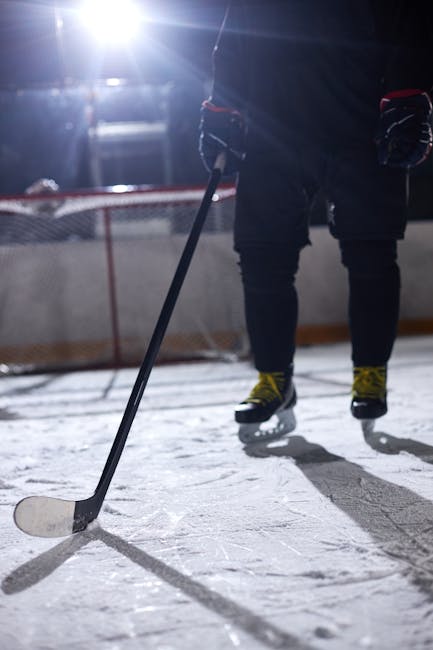Game Misconduct in Hockey: Rules, Penalties, and Impact on Players and Teams
Game misconduct penalties in hockey are significant disciplinary actions, carrying heavier consequences than minor or major penalties. Understanding the nuances of game misconducts is crucial for players, coaches, referees, and fans alike. This comprehensive guide delves into the rules surrounding game misconducts, the various reasons they’re issued, and their impact on both individual players and the team’s overall performance.

What Constitutes a Game Misconduct?
A game misconduct penalty in hockey is a severe penalty resulting in a player’s ejection from the game. Unlike minor or major penalties, which involve a set time in the penalty box, a game misconduct results in immediate removal from the ice and a potential suspension for future games. The severity stems from the fact that game misconducts are typically issued for actions deemed unsportsmanlike, dangerous, or detrimental to the integrity of the game. Referees have the discretion to issue a game misconduct based on their judgment of the incident.
Common Reasons for Game Misconducts:
- Fighting: While fighting is a part of hockey culture in some leagues, excessive or instigated fighting often leads to game misconducts. Repeated fighting infractions can also result in longer suspensions.
- Unsportsmanlike Conduct: This broad category includes actions like verbal abuse of officials, players, or spectators; excessive celebration; or any behavior deemed inappropriate by the referee.
- Head Contact: Any intentional or reckless contact with an opponent’s head is grounds for a game misconduct, especially if resulting in injury. This is a key area of focus in modern hockey to improve player safety.
- Checking from Behind: Checking a player from behind, especially at high speed, is extremely dangerous and commonly results in a game misconduct.
- Boarding: This involves forcefully checking an opponent into the boards, often resulting in injury. It’s a serious infraction carrying a significant penalty.
- Spearing: Deliberately jabbing an opponent with a hockey stick is a serious offense resulting in a game misconduct and often a subsequent suspension.
- Tripping: While tripping is a common penalty, especially when done intentionally to injure or impede a player, it can elevate to a game misconduct.
- Illegal Equipment: Using illegal equipment, such as a stick that doesn’t meet league regulations, can result in a game misconduct.
- Leaving the Bench: Players are generally not permitted to leave the penalty bench without permission. Doing so can result in a game misconduct penalty.
Consequences of a Game Misconduct
The consequences of a game misconduct extend beyond simply being ejected from a single game. The league, depending on its level of play, has the authority to issue further disciplinary actions, including suspensions, fines, and other penalties. The severity of the additional penalty depends on various factors, including:
- The nature of the infraction: A game misconduct for fighting carries different consequences compared to a game misconduct for unsportsmanlike conduct.
- The player’s history: Repeat offenders usually face harsher punishments.
- The impact of the infraction: If the infraction caused an injury, the penalty is likely to be more severe.
- League rules and regulations: Different leagues have their own specific rules and regulations regarding game misconducts and subsequent punishments.
Impact on Teams
A game misconduct penalty significantly impacts the team. Losing a player for the remainder of the game, especially a key player, can disrupt team strategy and performance. The team is forced to play short-handed, which can lead to a disadvantage in terms of scoring opportunities and defensive coverage. It also affects team morale and can create added pressure on remaining players.
Appealing a Game Misconduct
In some leagues, players or teams have the option to appeal a game misconduct penalty if they believe it was issued unfairly or incorrectly. The appeal process usually involves submitting a formal request to the league’s governing body, which then reviews the situation and renders a decision.
Game Misconduct vs. Other Penalties
It’s important to distinguish game misconducts from other penalties. While minor and major penalties result in a specific time spent in the penalty box, game misconducts are significantly more severe, leading to immediate ejection and the potential for further sanctions. Match penalties are even more severe than game misconducts and typically involve automatic suspensions.

Preventing Game Misconducts
The best way to avoid game misconducts is to play a clean, respectful, and sportsmanlike game. Players should focus on following the rules, controlling their emotions, and avoiding any actions that could be interpreted as dangerous, unsportsmanlike, or reckless. Coaches play a vital role in teaching players the importance of sportsmanship and responsible play.

Conclusion
Game misconducts in hockey are serious penalties with significant repercussions for players and teams. Understanding the rules, the reasons for their issuance, and the potential consequences is essential for maintaining a fair and safe playing environment. By playing with sportsmanship and adhering to the rules, players can minimize the risk of incurring such penalties.

